Censorship Industrial Complex
Internet censorship laws lead a majority of Canadians to believe free speech is threatened: poll
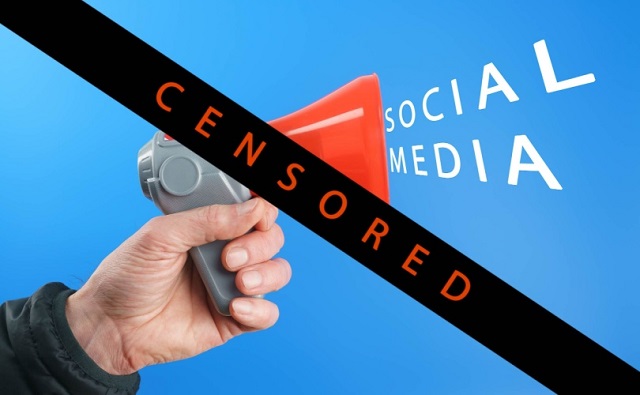
From LifeSiteNews
In light of the barrage of new internet censorship laws being passed or brought forth by the federal government of Prime Minister Justin Trudeau, a new survey revealed that the majority of Canadians feel their freedom of speech is under attack.
According to results from a Leger survey conducted April 26-28 that sampled responses from 1,610 Canadians, 57 percent think their freedom of speech is being threatened, with 36 percent not believing this to be true.
Not surprisingly, those with conservative voting intentions, about 76 percent, were the most likely to feel that their free speech is under attack, with 70 percent of the same group as well as those over 55, feeling that Canada is not as free as before.
The survey results also show that 62 percent of Canadians think it is “tougher to voice their opinion in their country, while 27% think it is easier.”
“Conservative voters (70%) and Canadians aged 55 or older (70%) are more likely to think that it is tougher now to express their opinion,” Leger noted in its survey.
Not surprisingly, Liberal voters were the most supportive of placing limits on free speech, with 64 percent agreeing with the following: “There should be limits on freedom of speech to ensure that things such as hate speech, speeches preaching a form of intolerance, or speeches against democracy be prevented from reaching the public.”
The survey also revealed that about one of four conservative voters believe that their views are not socially acceptable.
Sixty percent of conservative voters said that free speech should never be limited in any manner and that one should be able to express their opinions publicly without issue.
Regarding their reasons for free speech being under attack, 11 percent blamed politicians causing more hate, with eight percent saying “right-wing” extremists were to blame, with seven percent blaming woke-minded thinking as the issue. Twenty-nine percent of Canadians felt that a growing lack of respect is to blame, and 13 percent thought it is due to “a degradation of the moral fibre in the country.”
A bit concerningly, only six of 10 Canadians have confidence that the next federal election, scheduled for 2025, will be “free and fair,” with 29 percent saying outright they are “not confident.”
When it comes to internet censorship laws, the most recent one introduced in the House of Commons is a federal government bill that could lead to large fines or jail time for vaguely defined online “hate speech” infractions under Liberal Minster Attorney General Arif Virani’s Bill C-63, or Online Harms Act.
LifeSiteNews recently reported how well-known Canadian psychologist Jordan Peterson and Queen’s University law professor Bruce Pardy blasted Trudeau and his government over Bill C-63.
Peterson noted that in his view, Bill C-63 is “designed … to produce a more general regime for online policing.”
“To me, that’s what it looks like,” he said.
Two other Trudeau bills dealing with freedom on the internet have become law, the first being Bill C-11 or the Online Streaming Act that mandates Canada’s broadcast regulator, the Canadian Radio-television and Telecommunications Commission (CRTC), oversee regulating online content on platforms such as YouTube and Netflix to ensure that such platforms are promoting content in accordance with a variety of its guidelines.
Trudeau’s other internet censorship law, the Online News Act, was passed by the Senate in June 2023.
The law mandates that Big Tech companies pay to publish Canadian content on their platforms. As a result, Meta, the parent company of Facebook and Instagram, blocked all access to news content in Canada. Google has promised to do the same rather than pay the fees laid out in the new legislation.
Critics of recent laws such as tech mogul Elon Musk have said it shows “Trudeau is trying to crush free speech in Canada.”
Censorship Industrial Complex
Jim Jordan Exposes Biden’s Censorship-Industrial Complex
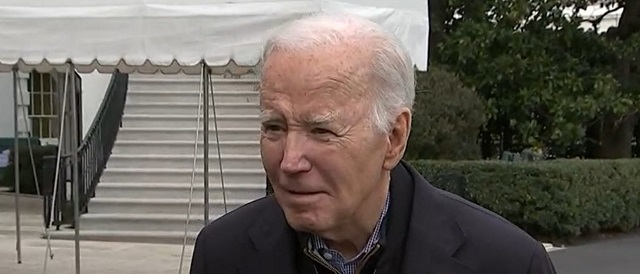
 From the Daily Caller News Foundation
From the Daily Caller News Foundation
By TOM HEBERT
“Internal talking points prepared by Amazon,” says the report, “included the question: ‘Is the [Biden] Admin asking us to remove books, or are they more concerned about search results/order (or both).’”
High-ranking Biden White House operatives coerced Big Tech companies into censoring posts critical of the Biden administration or those that spread so-called “misinformation” about COVID-19. A blockbuster new report from the House Judiciary Committee, which is chaired by Rep. Jim Jordan, exposes how the Biden administration weaponized Big Tech against conservatives.
“The report,” the committee said when it released it, “details the months-long campaign by the Biden White House to coerce large companies, namely Facebook, Google, and Amazon, to censor books, videos, posts, and other content online. By the end of 2021, Facebook, YouTube, and Amazon changed their content moderation policies in ways that were directly responsive to criticism from the Biden Administration.”
This report is the result of a multi-year investigation by the Judiciary Committee’s Select Subcommittee on the Weaponization of the Federal Government. The evidence, including tens of thousands of emails and other non-public documents, shows a disturbing pattern of Biden officials pressuring Big Tech companies into censoring Americans online.
Shortly after Biden’s inauguration in 2021, then-White House Digital Director Rob Flaherty began haranguing top Facebook officials for more detail on their policies for taking down COVID-19 related posts. “In February 2021,” says the report, “Facebook increased its censorship of anti-vaccine content as well as the lab leak theory of the origin of the virus because of ‘tense conversations with the new [Biden] Administration’ and as part of an effort to be responsive to the Biden White House’s exhortations to ‘do more’ to combat alleged misinformation.”
As 2021 progressed, the White House demanded to know what Facebook was doing to censor “borderline content,” posts that did not violate Facebook’s content moderation policies but were nevertheless objectionable to Biden officials. “Facebook would meet again with the Biden White House on March 12, 2021, to discuss how it was approaching ‘borderline content,’ that is, content that did not violate its policies,” says the report.
“Facebook walked through its policies and enforcement practices for violative and borderline content,” it says. “But call notes reveal that throughout the meeting, Flaherty continued to ask about the removal and reduction of content above all else.”
Unsatisfied with Facebook’s unwillingness to “play ball,” Flaherty and the White House played hard ball. On July 16, 2021, a reporter asked Biden: “On Covid misinformation, what’s your message to platforms like Facebook?” Biden responded: “They’re killing people.”
In response to the intense pressure from the White House, Facebook went on to change their content moderation policies and censored posts about vaccine hesitancy and the lab-leak theory.
Facebook was not the only social media platform that Biden officials pressured. In April 2021, Flaherty reached out to YouTube with a litany of questions about YouTube’s efforts to censor borderline content. “Flaherty’s email was particularly focused on how YouTube handled non-violative ‘borderline’ content,” says the report. “These requests were prefaced by stating the Biden White House wanted ‘to be sure that you have a handle on vaccine hesitancy generally and are working toward making the problem better’ and that this ‘is a concern that is shared at the highest (and I mean highest) level of the [White House].’”
After Flaherty succeeded in making YouTube change its content moderation policies “to remove content that questioned the safety or efficacy of COVID-19 vaccines,” other Biden bureaucrats started to pester YouTube employees to clamp down on other content. In March 2022, according to the committee report, former Biden advisor Tim Wu asked for a meeting with Google employees to discuss “Russian misinformation/disinformation” and “airline competition.”
Another staffer communicated with YouTube about abortion-related content. “On July 14, 2022, YouTube Government Affairs staff contacted White House personnel to brief them on ‘updates related to addressing reproductive health misinformation on YouTube,’ to which White House staff responded, saying that they were ‘specifically interested in abortion,’” said the report.
Biden officials clearly sought to censor content they perceived as politically damaging to Biden.
The report also shows the White House’s obsession suppressing books that they disagreed with. In March 2021, the Biden White House emailed an Amazon executive “asking to have a discussion regarding the ‘high levels of propaganda and misinformation and disinformation at Amazon.’”
“Internal talking points prepared by Amazon,” says the report, “included the question: ‘Is the [Biden] Admin asking us to remove books, or are they more concerned about search results/order (or both).’”
There are two important takeaways from this report.
One, the Biden administration sought to impose a censorship regime through Big Tech to benefit the president politically.
Two, Congress should act to prevent future government-directed censorship of American speech. There are numerous bills that would address this problem. The House passed the “Protecting Speech from Government Interference Act” last year, legislation that would ban bureaucrats from advocating for censorship of viewpoints. The “Free Speech Protection Act” imposes penalties on bureaucrats who censor speech, and the “Censorship Accountability Act” would allow Americans to sue bureaucrats who violate their First Amendment rights.
The Biden administration has displayed an appalling amount of contempt for American free speech. Exposing Biden’s censorship-industrial complex is an important first step toward ensuring that unelected bureaucrats do not have a veto over what we say online.
Tom Hebert is Director of Competition and Regulatory Policy at Americans for Tax Reform and executive director of the Open Competition Center.
Censorship Industrial Complex
Quebec court greenlights class action suit against YouTube’s COVID-related content censorship
From LifeSiteNews
The lawsuit, led by video blogger Éloïse Boies, argues YouTube violated freedom of expression under the Charter of Human Rights and Freedoms by censoring COVID-related content.
A class action lawsuit against YouTube’s censorship of COVID-era speech on the platform has been allowed to proceed in Canada.
The primary plaintiff in the case which has now been greenlit by the Quebec Superior Court is YouTuber Éloïse Boies, while the filing accuses the Google video platform of censoring information about vaccines, the pandemic, and the virus itself.
A copy of the order can be found HERE.
READ: Elon Musk skewers Trudeau gov’t Online Harms bill as ‘insane’ for targeting speech retroactively
Boies, who runs the “Élo Wants to Know” channel, states in the lawsuit that three of her videos got removed by YouTube (one of the censored videos was about… censorship) for allegedly violating the website’s policies around medical disinformation and contradicting World Health Organization and local health authorities’ COVID narratives of the time.
However, the content creator claims that the decisions represented unlawful and intentional suppression of free expression. In February, Boies revealed that in addition to having videos deleted, the censorship also branded her an “antivaxxer” and a “conspiracy theorist,” causing her to lose contracts.
The filing cites the Charter of Human Rights and Freedoms as the document YouTube violated, while the class-action status of the lawsuit stems from it including any individual or legal entity in Quebec whose videos dealing with COVID got censored, or who were prevented from watching such videos, starting in mid-March 2020 and onward.
Google, on the other hand, argues that it is under no obligation to respect the Charter of Human Rights and Freedoms, and can therefore not be held accountable for decisions to censor content it doesn’t approve of – or as the giant phrased it, provide space for videos “regardless of their content.”
But when Superior Court Judge Lukasz Granosik announced his decision, he noted that freedom of expression “does not only mean freedom of speech, but also freedom of publication and freedom of creation.”
Stressing the importance that Canada’s Supreme Court assigns to guaranteed freedom of expression as a key building block in a democratic society, the judge concluded that “If (Google) carries out censorship by preventing certain people from posting videos and prevents other people from viewing these same videos, it thus hinders the free circulation of ideas and exposes itself to having to defend its ways of doing things.”
Google was ordered to stop censoring content because it contradicts health authorities, WHO, or governments, pay $1,000 in compensation, and $1,000 in punitive damages to each of the lawsuit’s plaintiffs, as well as “additional compensation provided for by law since the filing of the request for authorization to take collective action, as per the court’s decision.”
As for those who were prevented from accessing content, the decision on damages will be the subject of a future hearing.
Reprinted with permission from Reclaim The Net.
-
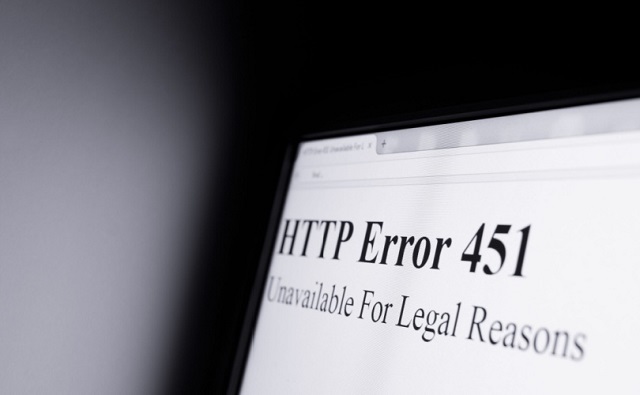
 National2 days ago
National2 days agoTrudeau’s internet censorship Bill C-11 will not be implemented until late 2025
-
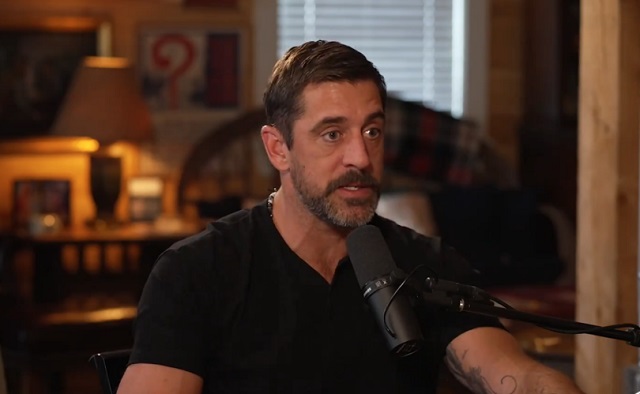
 COVID-1921 hours ago
COVID-1921 hours agoTucker Carlson and NFL star Aaron Rodgers discuss Bill Gates, COVID-19, US Deep State
-
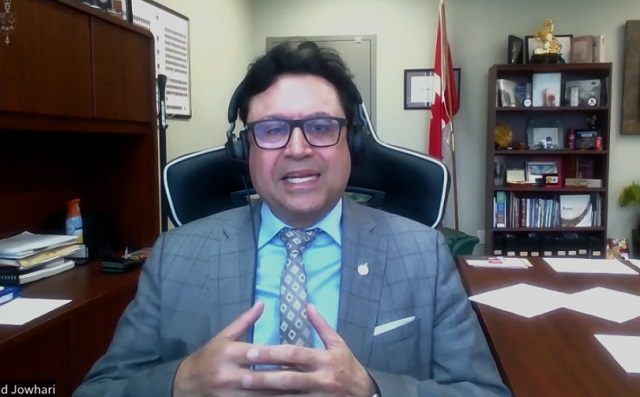
 Addictions2 days ago
Addictions2 days agoLiberals shut down motion to disclose pharma payments for Trudeau’s ‘safe supply’ drug program
-

 Energy1 day ago
Energy1 day agoTech giants’ self-made AI energy crisis
-

 Frontier Centre for Public Policy1 day ago
Frontier Centre for Public Policy1 day agoThe PM as Leaf’s coach
-
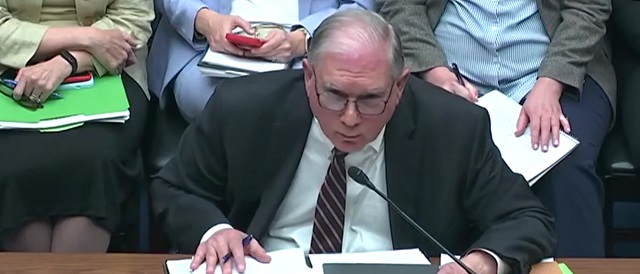
 COVID-1911 hours ago
COVID-1911 hours agoTop Fauci Aide Allegedly Learned To Make ‘Smoking Gun’ Emails ‘Disappear,’ Testimony Reveals
-
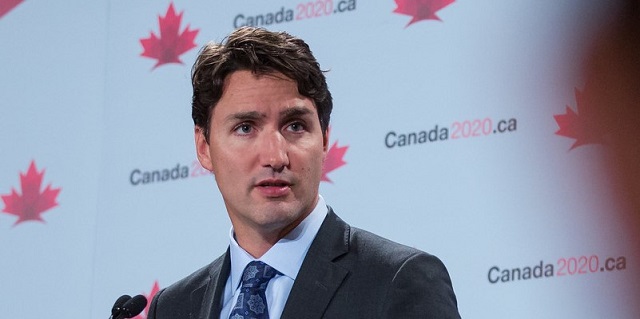
 Economy20 hours ago
Economy20 hours agoPrime minister’s misleading capital gains video misses the point
-

 espionage1 day ago
espionage1 day agoThe Scientists Who Came in From the Cold: Canada’s National Microbiology Laboratory Scandal, Part I








